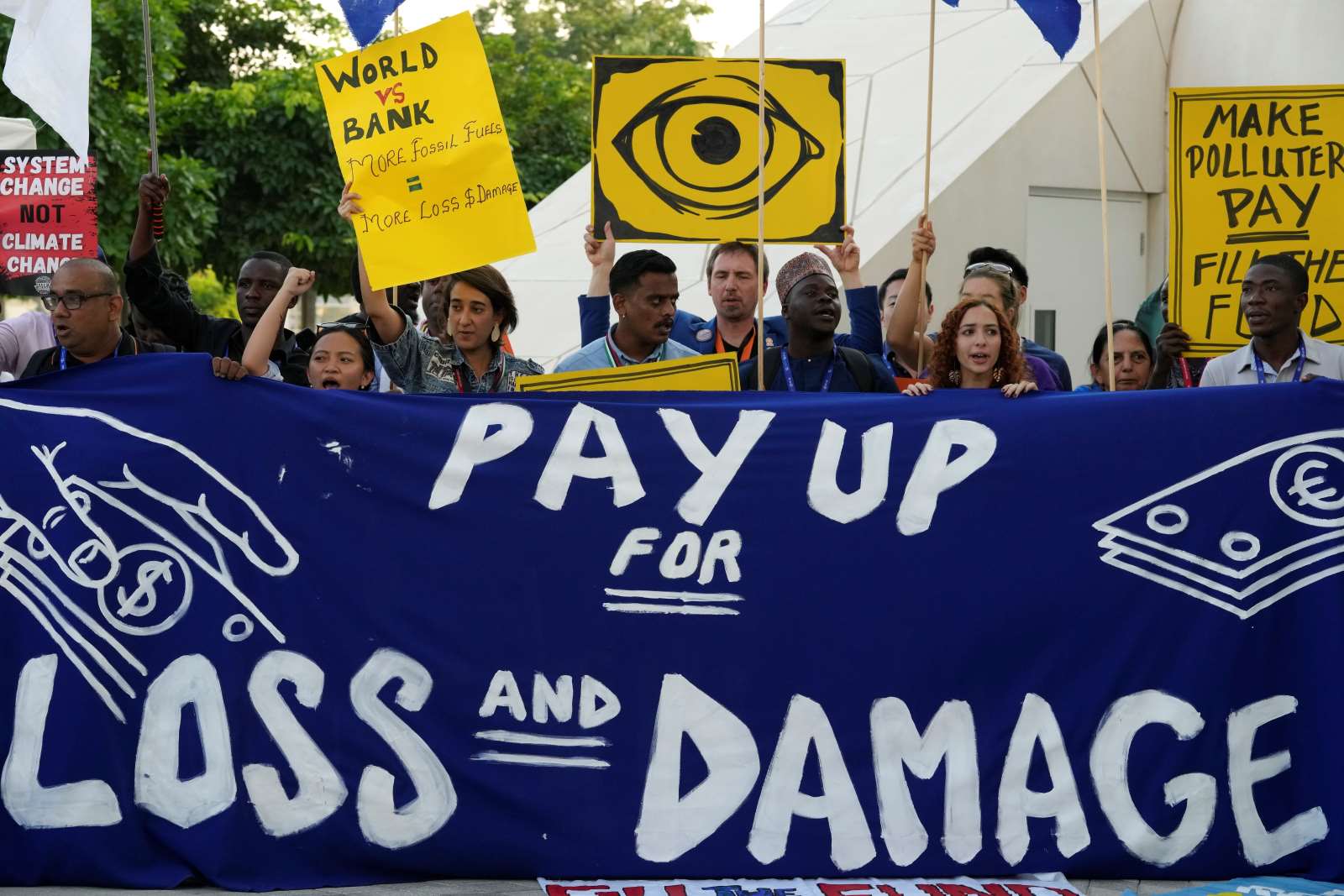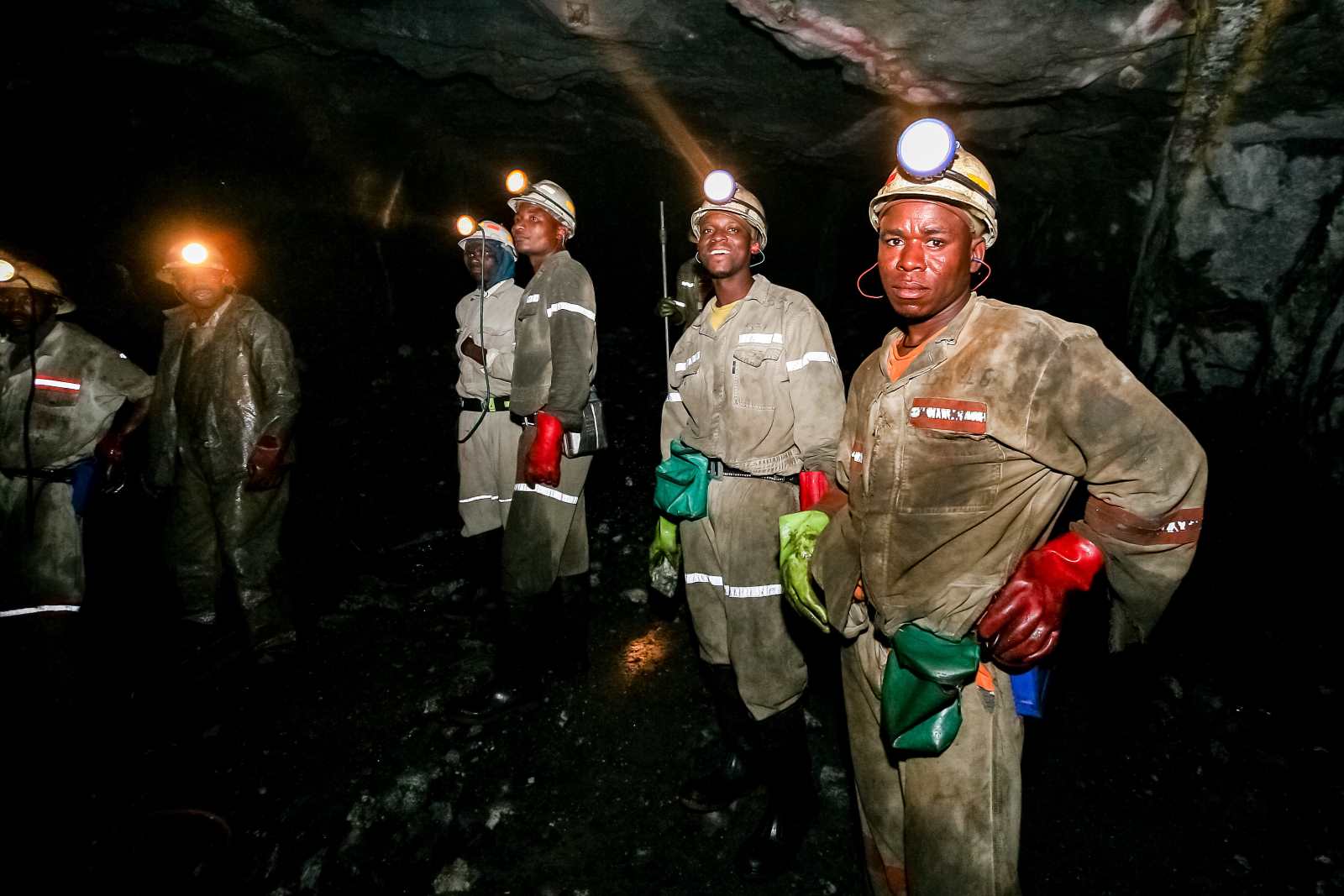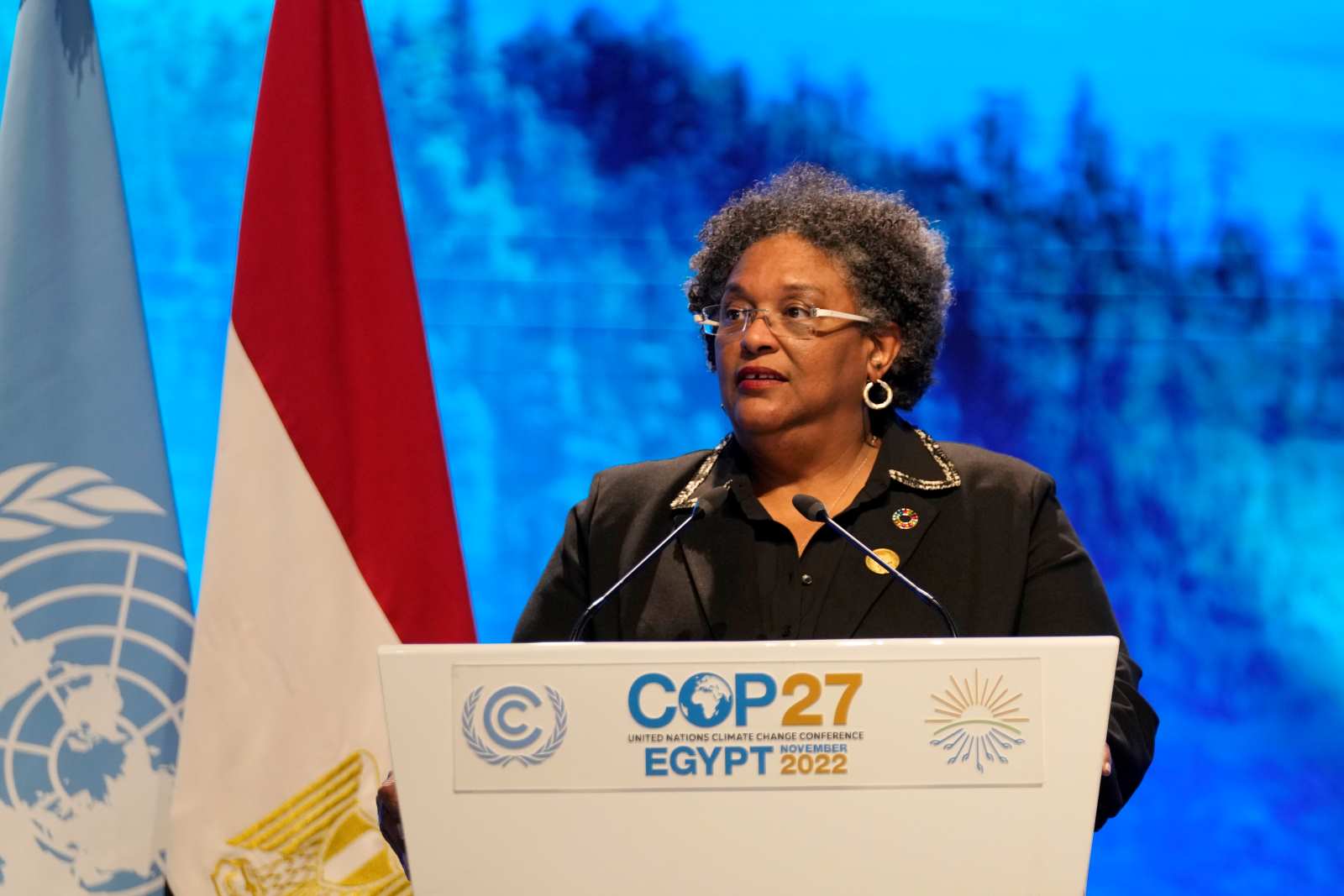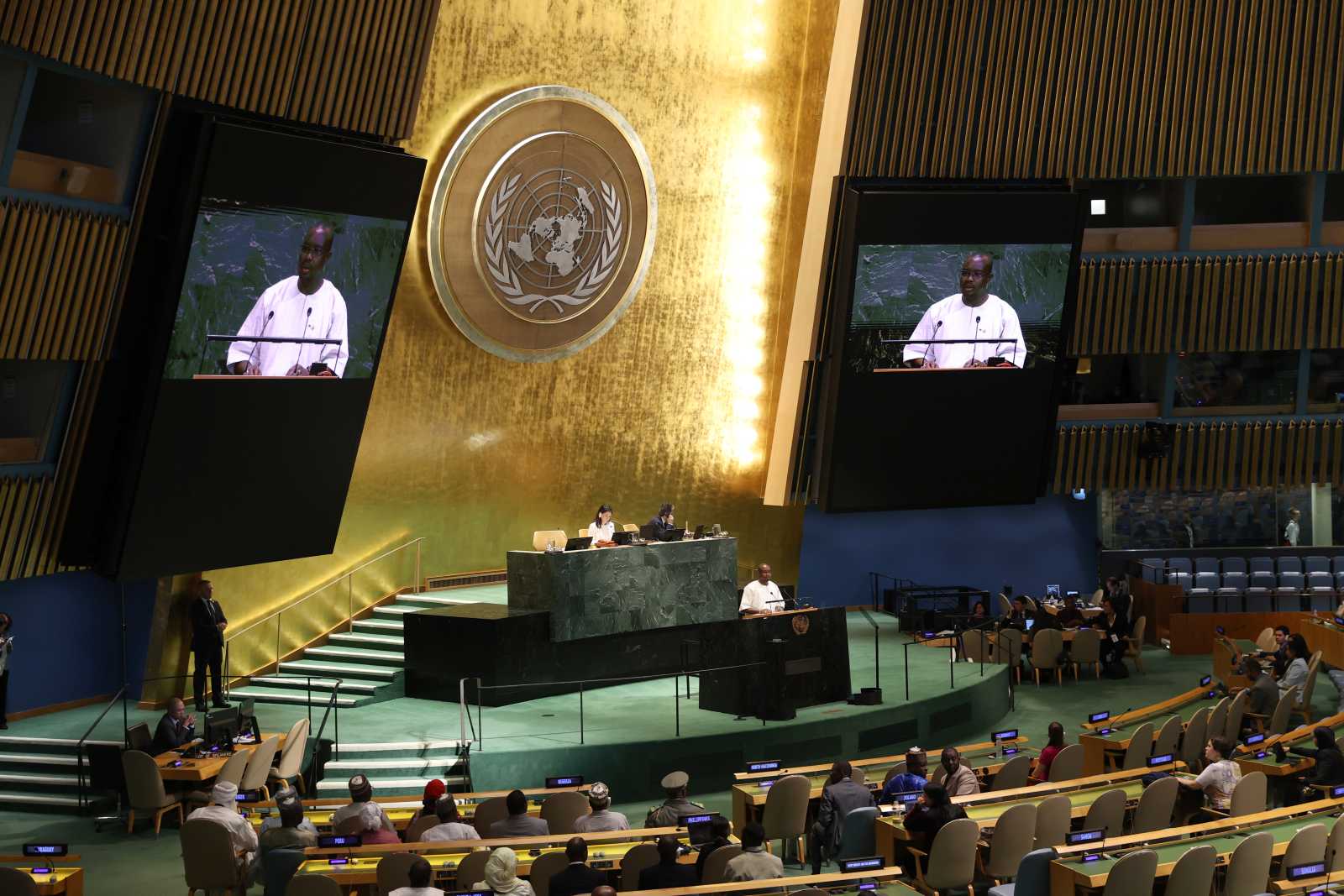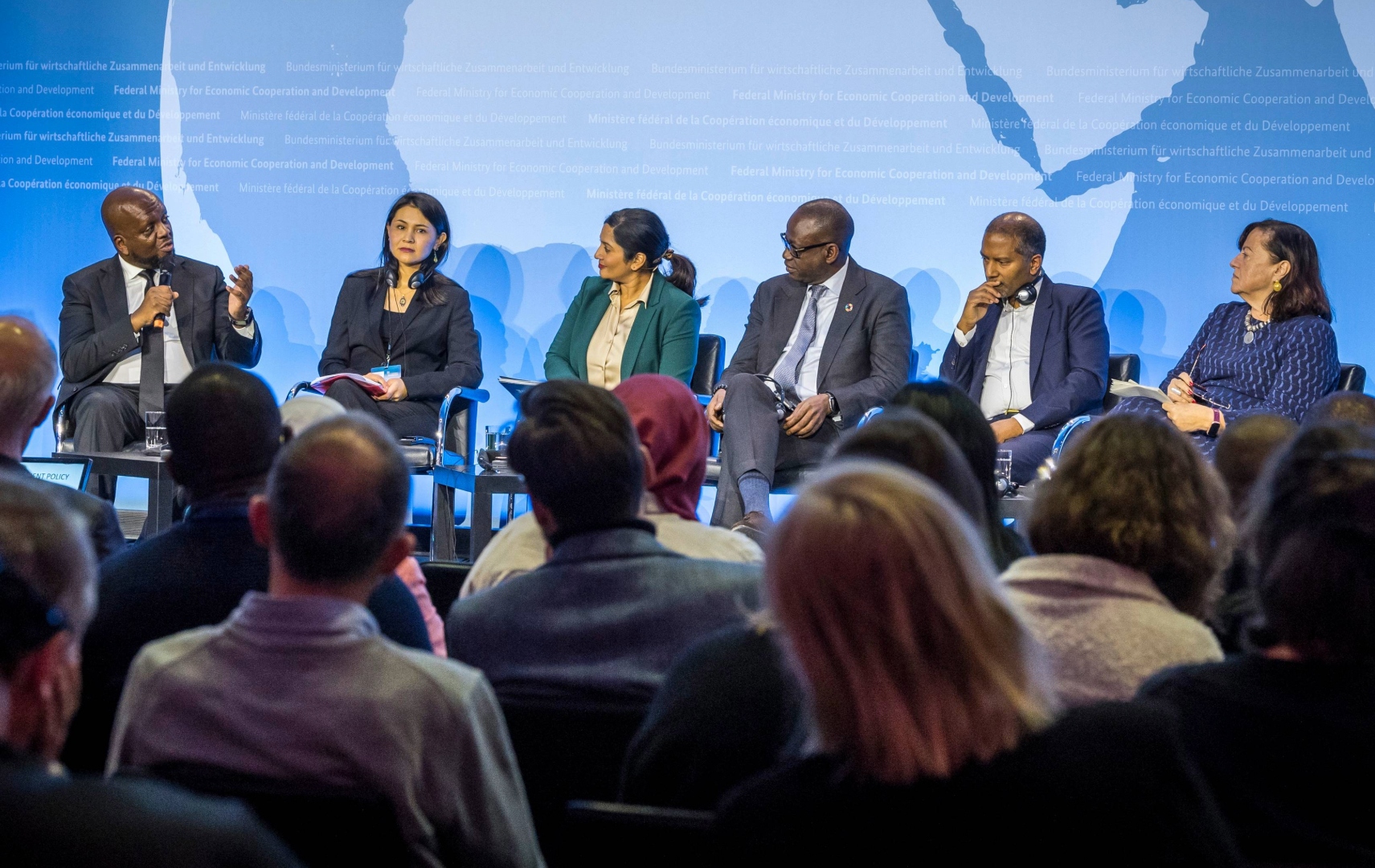Global governance
Phasing out fossil fuels with climate finance
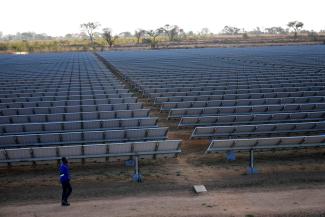
Russia’s war against Ukraine spurred a global energy crisis with skyrocketing prices of oil, natural gas and electricity. Governments – particularly in advanced, but also in emerging and developing economies – responded with a massive increase in energy subsidies. The International Energy Agency (IEA) estimates that governments collectively afforded more than an additional $ 500 billion in 2022 to reduce consumer’s energy spending. Natural gas and electricity subsidies more than doubled compared with 2021, while oil subsidies increased by around 85 %.
All this happened only a few months after the Glasgow climate summit, one of the results of which was an appeal to all countries to accelerate efforts towards the “phase-out of inefficient fossil-fuel subsidies, while providing targeted support to the poorest and more vulnerable”. Subsidies that reduce fossil-fuel prices diminish incentives to switch to renewable sources, which would contribute to reducing greenhouse-gas emissions. They are therefore a substantial barrier on the road to low or net-zero carbon economies.
Subsidies could increase
While the current spike of subsidies is driven by advanced economies, similar subsidies consume a particularly large share of government budgets in many developing countries and emerging economies. That share is expected to rise because energy consumption is set to increase. Many oil-exporting countries subsidise the use of fossil fuels substantially, constraining the scope they have to invest in low-carbon development.
It is hard to reduce subsidies because there is no strong demand for doing so. Typically, a rather small number of producers benefits significantly from the subsidies, and their lobby groups put pressure on governments. By contrast, reform benefits could be spread widely, but only amount to rather small sums per consumer or taxpayer. Though many people would fare better without the subsidies, the difference is too small for them to mobilise public pressure.
Though poorer households only consume a disproportionately small share of energy, price increases hurt them most. When trying to reform subsidies, several governments around the world have faced poor people’s protests and backtracked. That was the case in Jordan, for example, during the 2018 anti-austerity protests.
Successful fossil-fuel reforms
Benjamin K. Sovacool, a US American expert, has assessed different cases. His lessons include (Sovacool 2017):
- It is important to collect detailed data on the subsidy use – for example by fuel type, industry, consumers and producers. The policy impacts must be anticipated. Understanding probable results in regard to costs and benefits may lead to redesigning measures in ways that maximise distributional justice and environmental health, for example. Perhaps outright elimination is not the best approach, but subsidies should be better targeted to especially needy households.
- It makes sense to focus on energy subsidies that promote “dirty” practices or, even worse, hurt both the environment and the economy. Subsidising maize cultivation in arid areas to produce ethanol is an example.
- It is essential to identify likely winners and losers. Moreover, if governments ensure that the poor are not further marginalised, acceptance will probably increase.
- Lessons from previous reform experiences should be learned. It is also helpful to learn from successful cases in other countries – even though not every strategy can be copied directly.
Climate finance can play a role
Under the 2015 Paris Agreement, countries regularly communicate Nationally Determined Contributions (NDCs). They serve as roadmaps for climate action. Some developing and emerging countries announced in their NDCs to reform fossil-fuel subsidies. Argentina, for example, focuses on implementing segmented tariff schemes to make subsidies less regressive. The Green Climate Fund (GCF) is a critical element of the Paris Agreement. It aims to support developing countries to realise their roadmaps for climate action. Accordingly, one should assess how climate finance can support subsidy reforms. It is worth noting that other institutions also support the energy transition in emerging and developing economies.
For example, the G7 established the so-called Just Energy Transition Partnerships (JETPs), which foster the transition away from coal. First pilot countries under JETP are Indonesia, Senegal, South Africa and Vietnam.
According to the GCF, 31 countries had pledged their support for the fund by December 2023 and committed a total of $ 13.9 billion over the next four years ($ 11.7 billion implemented). The contributions qualify for official development assistance (ODA).
It is a highly disputed question in development research to what extent ODA can or should influence national policy. Scholarly literature suggests that the impact of ODA is very limited, in some cases even negative, unless reforms are in line with the policy priorities of the recipient country.
Acknowledging the key elements for a successful fossil-fuel subsidy reform outlined above, it can be argued that whether climate finance and ODA can enable such a reform depends on:
- the recipient countries’ capacities and
- the reform’s consistency with country priorities.
Country ownership in the form of, for example, a national policy framework or strategy is crucial to leverage climate finance and ODA flows.
Impacts of climate ODA on fossil-fuel subsidies
In general, climate ODA can affect national policy reforms in recipient countries in two major ways:
First, it can increase a country’s capacity to introduce alternative policy measures to fossil-fuel subsidies. Alternative instruments like cash transfers are typically more complex than subsidies, and development aid can provide technical assistance and offer policy advice.
Second, climate finance can fund low-carbon energy projects, lowering the costs of alternatives to fossil fuels. This could help to mitigate the negative effects of reforming fossil-fuel subsidies and thus remove a major obstacle to such reforms.
Efforts to address fossil-fuel subsidies through climate ODA are likely to be more effective if they accept the policy ownership of recipient countries, providing funding in ways that suit their administrative structures and policymaking. If a government signals its commitment to reforming fossil-fuel subsidies, donor countries should be prepared to offer extra climate ODA.
This may impact large climate-finance institutions such as the GCF, the Climate Investment Funds (CIF) or the JETPs. In funding decisions, the credible commitment of the recipient government should be decisive – and any lack of commitment should be a warning signal.
The Sixth Assessment Report of the Intergovernmental Panel on Climate Change (IPCC) states that, to reach global climate goals, investment flows from the global north to the global south must increase by a factor of three to six. Well-designed climate-finance programmes that help to reform fossil-fuel subsidies can lead to a “double-dividend”: they do not only serve environmental purposes (mitigating climate change, reducing air pollution), but also provide recipient countries with additional fiscal space and ease price distortions on energy markets.
Reference
Sovacool, B. K., 2017: Reviewing, reforming, and rethinking global energy subsidies: towards a political economy research agenda. Ecological Economics Vol. 135.
Karol Kempa is a researcher and director at the FS-UNEP Collaborating Centre for Climate and Sustainable Energy Finance of the Frankfurt School of Finance & Management.
k.kempa@fs.de
Michael König-Sykorova is Senior Project Manager at the FS-UNEP Collaborating Centre for Climate and Sustainable Energy Finance, Frankfurt School of Finance & Management.
m.koenig@fs.de
Ulf Moslener is Professor at the Finance Department of Frankfurt School and Head of Research at the FS-UNEP Collaborating Centre for Climate and Sustainable Energy Finance.
u.moslener@fs.de
Oliver Schenker is Deputy Head of the Research Unit “Environmental and Climate Economics” at the ZEW – Leibniz Centre for European Economic Research in Mannheim.
oliver.schenker@zew.de




